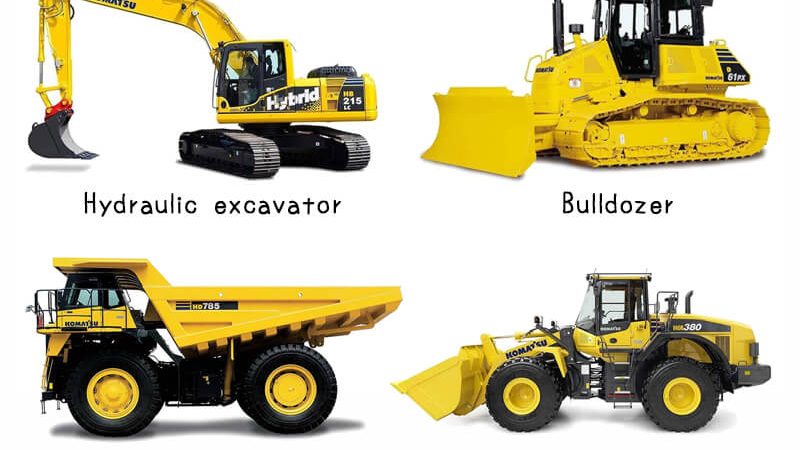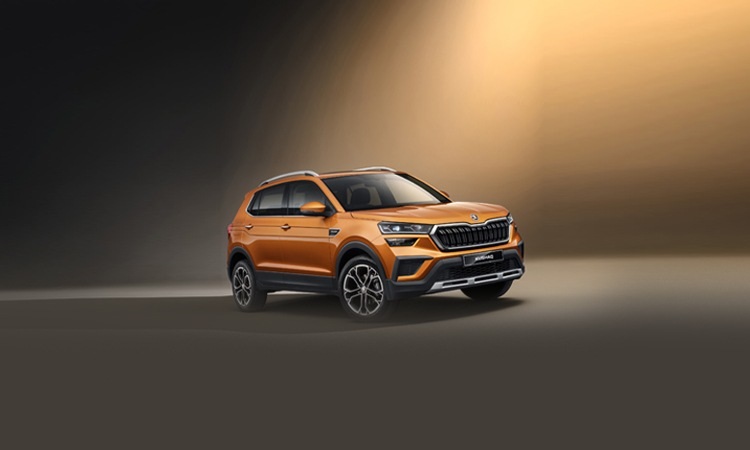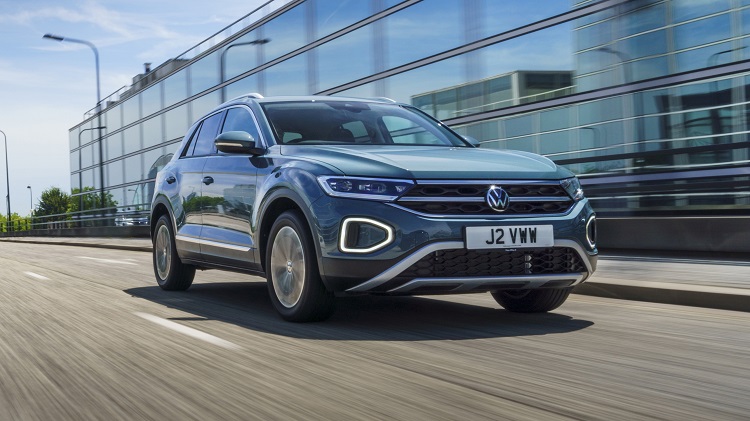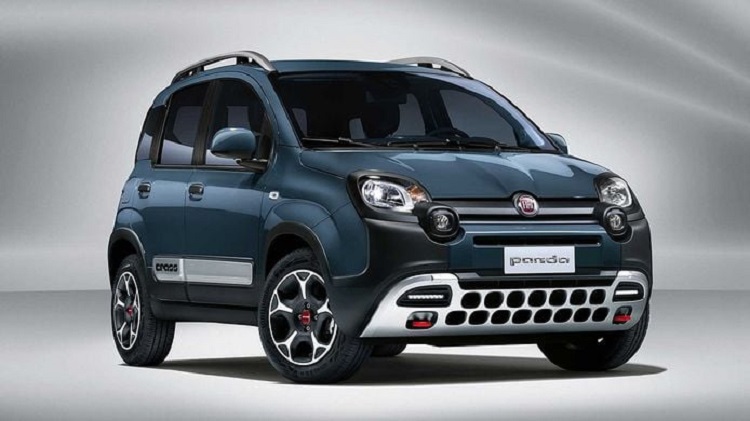Mini Truck mpg
In the dynamic landscape of transportation, the quest for fuel efficiency has never been more critical. With environmental concerns on the rise and the constant fluctuation of fuel prices, consumers are increasingly turning their attention to compact and versatile vehicles like mini trucks. These pint-sized powerhouses are gaining popularity for their impressive fuel efficiency, commonly measured in miles per gallon (MPG). In this article, we delve into the world of mini truck MPG, exploring the factors that contribute to their efficiency, their impact on the environment, and the innovative technologies that are propelling them forward.
- The Rise of Mini Trucks: A Compact Revolution
Mini trucks, also known as kei trucks or micro trucks, have become a global sensation due to their small footprint and adaptability. Originally popularized in Japan, these vehicles have found their way into various markets worldwide, appealing to both urban commuters and businesses alike. One of the primary attractions of mini trucks is their remarkable fuel efficiency, which stems from a combination of design elements and technological advancements.
- The Anatomy of Mini Truck MPG
A key contributor to the exceptional MPG of mini trucks lies in their lightweight design. These vehicles are engineered to be compact and streamlined, resulting in reduced aerodynamic drag. The decreased weight and improved aerodynamics enable mini trucks to make the most out of each drop of fuel, achieving higher miles per gallon compared to their larger counterparts.
Furthermore, mini trucks often employ smaller, more fuel-efficient engines. The power-to-weight ratio is optimized, allowing these vehicles to deliver satisfactory performance while sipping fuel conservatively. This balance between engine size and vehicle weight is a crucial factor in achieving impressive fuel efficiency.
- Eco-Friendly Commuting: Mini Trucks and the Environment
As the world confronts the challenges of climate change, individuals and businesses are seeking greener alternatives in every aspect of life, including transportation. Mini trucks, with their high fuel efficiency, contribute to a reduction in carbon emissions. Their smaller engines consume less fuel per mile, emitting fewer pollutants into the atmosphere. This makes mini trucks an eco-friendly option for those looking to minimize their carbon footprint without compromising on functionality.
Additionally, the compact size of mini trucks means they occupy less space on the road, reducing traffic congestion and further promoting efficient transportation. This characteristic aligns with the principles of sustainable urban planning, making mini trucks an environmentally responsible choice for both personal and commercial use.
- Technological Innovations Driving Efficiency
In the pursuit of even greater fuel efficiency, mini truck manufacturers are incorporating cutting-edge technologies into their designs. Hybrid and electric mini trucks are emerging as viable alternatives, combining the compact size of traditional models with the eco-friendly benefits of electric power.
Regenerative braking systems, lightweight materials, and advanced engine management systems are some of the technological innovations that enhance the MPG of mini trucks. These advancements not only contribute to fuel efficiency but also position mini trucks as pioneers in sustainable transportation.
- Economic Advantages: Saving More Than Fuel
Beyond the environmental benefits, the exceptional fuel efficiency of mini trucks translates into tangible economic advantages for both individuals and businesses. The lower fuel consumption means reduced fuel expenses, making mini trucks a cost-effective choice for daily commuting and commercial use. This economic advantage extends to businesses that rely on fleets of mini trucks, as lower operational costs contribute to enhanced profitability.
- Challenges and Considerations
While mini trucks offer impressive MPG figures, it’s essential to consider their limitations and challenges. These vehicles are designed for specific use cases, and their compact size may limit their capacity for heavy loads or long-distance travel. Potential buyers should carefully evaluate their needs and assess whether a mini truck aligns with their intended usage before making a purchase.
Moreover, the availability of mini trucks varies across regions, and regulatory frameworks may influence their accessibility and usage. Potential buyers should familiarize themselves with local regulations and requirements to ensure a smooth ownership experience.
Conclusion:
In the realm of transportation, mini trucks MPG stand out as efficient, eco-friendly, and economically advantageous vehicles. Their remarkable MPG figures, coupled with technological innovations, make them a compelling choice for individuals and businesses alike. As the automotive industry continues to evolve, mini trucks are likely to play a crucial role in shaping the future of sustainable and efficient transportation. Whether navigating city streets or supporting commercial operations, these compact marvels are proving that size doesn’t have to compromise efficiency.






